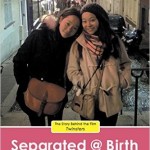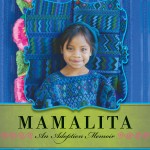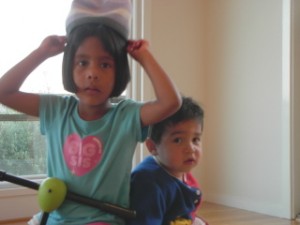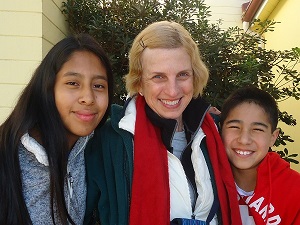We’ve moved my parents to an assisted living facility in San Diego, near where one of my sisters lives. My mother now needs assistance with almost everything–standing, sitting, moving in any way–although she can still lift a spoon to her mouth and sip through a straw. It shocks me every time I see her, to know three years ago she did Pilates twice a week and chair yoga on the other days. That five years ago, she could kick over her head and place her palms flat on the floor, and ten years earlier, danced six shows a week in the Palm Springs Follies. At 72, my mother earned an Associates Degree at Palomar College. Her degree was in Dance, and she was the school’s oldest graduate.
How quickly it happens, everything goes away. We don’t think it will, but it does.
The assisted living facility provides occasional entertainment for the residents, and last week, the ‘Rhinestone Grannies’ came to put on a show. In the photo below, you can see Mom in blue, front and center. Somehow word leaked out my mother was a former Radio City Music Hall Rockette–at events such as these, it always does–and the cast members insisted on posing with her. Mom loved the costumes and choreography, the singing and tap dancing. And of course the attention. Those things keep her alive.
Seeing my mother fade away continues to teach me lessons, and to want to grab hold tighter to this life — so small and brief, but so glorious, too.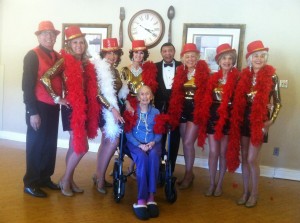



 ShareThis
ShareThis
